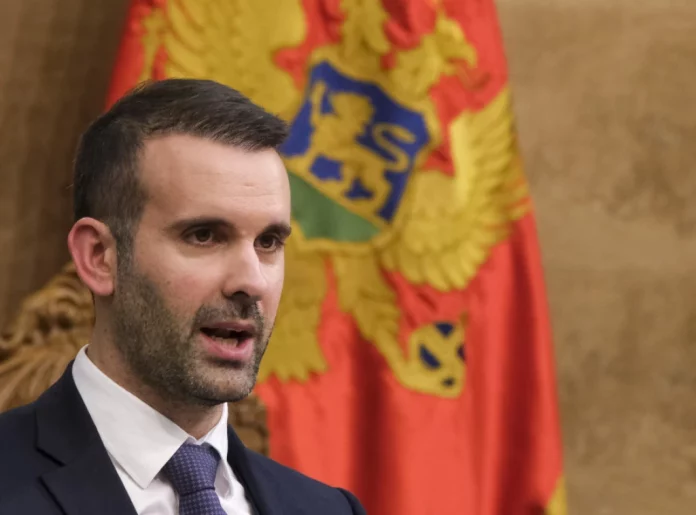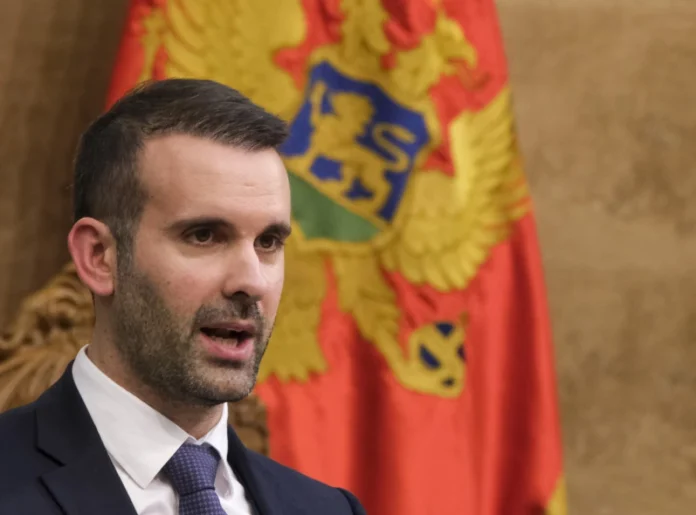Spajic: I Will Protect Montenegro’s European Path from Any Threats

Tanjug / AP
Montenegro’s Prime Minister Milojko Spajić announced today that he will not permit anyone to undermine the European trajectory, which he claims has the support of 80 percent of the populace.
During a press conference following the European Commission’s report, Spajić remarked that it was a pivotal day for Montenegro and its aspirations for EU integration.
– The achievements of the Government, along with those of the opposition and civic sectors, have yet to be fully evaluated. This report reflects the new and European Montenegro, affirming the direction we established after the election of the 44th Government last year, “Spajić stated.
He identified the rule of law, European integration, and enhancing citizen welfare as the Government’s primary objectives, as reported by RTCG.
– Today, we received the most favorable progress report on Montenegro in history. We’re aiming for 2028 for accession. I will exert every effort to prevent anyone from compromising Montenegro’s European journey, which is desired by 80 percent of the citizens, “Spajić emphasized.
The EU Ambassador to Montenegro, Johan Satler, highlighted that the EC remains committed to expansion.
– The previous year was notably positive for expansion. Your neighboring countries have also made advances, “Sutler noted.
Regarding corruption, he acknowledged some progress in legislative and strategic frameworks, but stressed the need for Montenegro to bolster its criminal justice response.
Satler commented on the achievements made in combating organized crime, while cautioning that risks associated with corruption and the infiltration of judicial and law enforcement agencies persist.
He pointed out that the report highlights the significance of maintaining good neighborly relations and regional cooperation as crucial elements of EU integration.
The European Commission’s evaluation of Montenegro’s progress identified positive strides in judicial reforms, anti-corruption efforts, and freedom of speech and the press; however, it also noted that Montenegrin institutions remain susceptible to political crises and possible institutional blockages, and that urgent improvements to electoral legislation are necessary.


